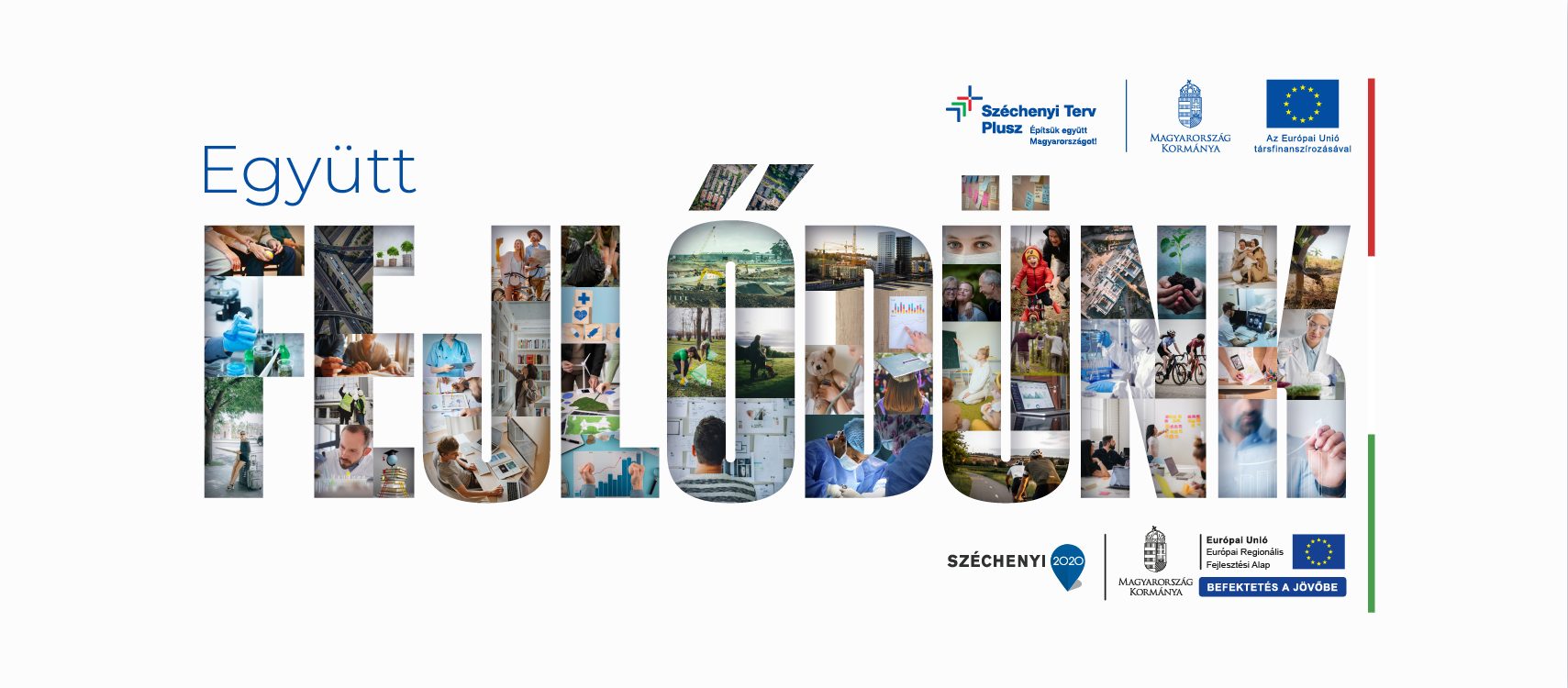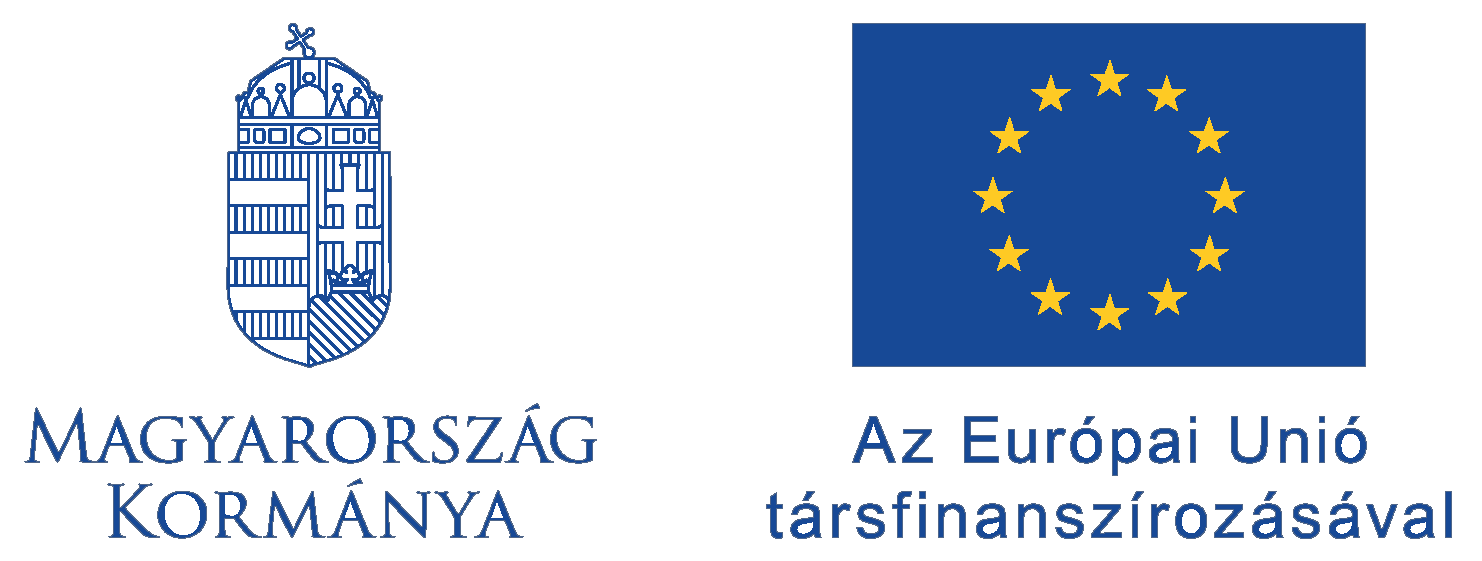It may not be a widely known fact that, under European Union regulations, individual Member States may also finance the operation of their institutional systems coordinating the use of EU funds from EU sources. These designated funds are referred to as Technical Assistance (TA) resources. During the 2021–2027 period, Hungary is utilizing its available TA resources under the Implementation Operational Programme Plus.
Projects under Implementation Operational Programme Plus ensure the lawful, effective, and efficient implementation of EU funds. The TA resources support the employment of nearly 2,500 professionals and enable the execution of tasks that are mandatorily required under EU law.
Establishing the institutional framework responsible for implementing cohesion policy is a national competence; EU regulations provide the overarching framework. EU law defines the institutions that form part of the so-called implementation and control systems, which Member States are required to establish. However, this structure can vary by Member State and over different programming periods. In the current programming period, operating managing authorities and audit authorities is mandatory. Optionally—an option Hungary has exercised—an intermediary body, a certifying authority, and central coordination may also be involved.
The responsibilities of the managing authorities include, among others, the preparation and implementation of individual programmes, tasks related to project implementation, and monitoring of projects and programmes under their jurisdiction. The managing authority may outsource certain project-level tasks to an intermediary body, which focuses exclusively on the oversight of project implementation.
The Certifying Authority handles financial reporting to the European Commission, compiles cost declarations, submits documentation for certified transfer requests, and manages the receipt of funds. In Hungary, the Hungarian State Treasury performs the functions of the certifying authority.
The Directorate General for Auditing European Union Funds (EUTAF), acting as the audit authority, is typically responsible for preparing audit reports, conducting system audits, and sampling-based project checks. EUTAF has an annual reporting obligation to the European Commission, based on its audit findings, concerning the legality and regularity of expenditures, the functioning of the management and control systems, and the corrective measures recommended and implemented.
IOP Plus projects finance the staff carrying out institutional tasks, provide ongoing training for workforce development, and cover the infrastructural needs essential for operations. The available resources also support participation in training and events, as well as the implementation of legally mandated tasks such as partnership building, evaluation, communication and publicity, and the development of applicant capacity.
IOP Plus also covers the honoraria of civil society members delegated to monitoring committees, in line with the principle of partnership, as well as the costs associated with additional coordination tasks of civil umbrella organizations.
More information about Implementation Operational Programme Plus is available here.








